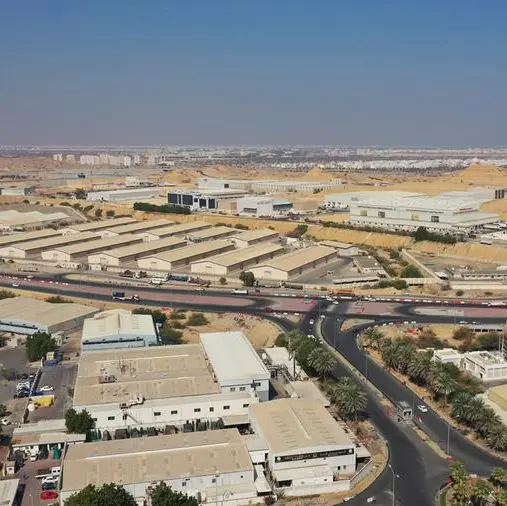PHOTO
Saudi Arabia’s debt and fiscal deficit are expected to remain under control in the next two years due to high oil income and restrained spending, according to a bank study.
The world’s dominant oil exporter recorded a budget shortfall of around 2 percent of GDP in 2023 following an increase of 11 percent in spending and a 12 percent drop in oil export earnings coupled with a rise of 11 percent in non-oil revenues, National Bank of Kuwait (NBK) said in the study published on Tuesday.
“We expect a limited budget deficit of between 1.7 percent and 2 percent in 2024-2025 although expenditure is projected to modestly surpass budget forecasts...oil and non-oil revenues are expected to increase and this will keep the deficit under control,” the study said.
As for public debt, the report said it is expected to remain under control or below 27 percent of GDP in 2025
“...it even could decline in case there is an increase in the country’s oil production, which in turn will boost the GDP,” the report noted. It added that foreign direct investment (FDI) should be monitored any increase in investment is considered among the key factors to attain the goals of Vision 2030.
“...the problem is that after it recorded strong growth in 2021-2022, FDI declined to 1.8 percent of GDP in 2023, far below the 5.7 percent targeted in 2030,” the report observed.
(Writing by Nadim Kawach; Editing by Anoop Menon)
(anoop.menon@lseg.com)
Subscribe to our Projects' PULSE newsletter that brings you trustworthy news, updates and insights on project activities, developments, and partnerships across sectors in the Middle East and Africa.





















